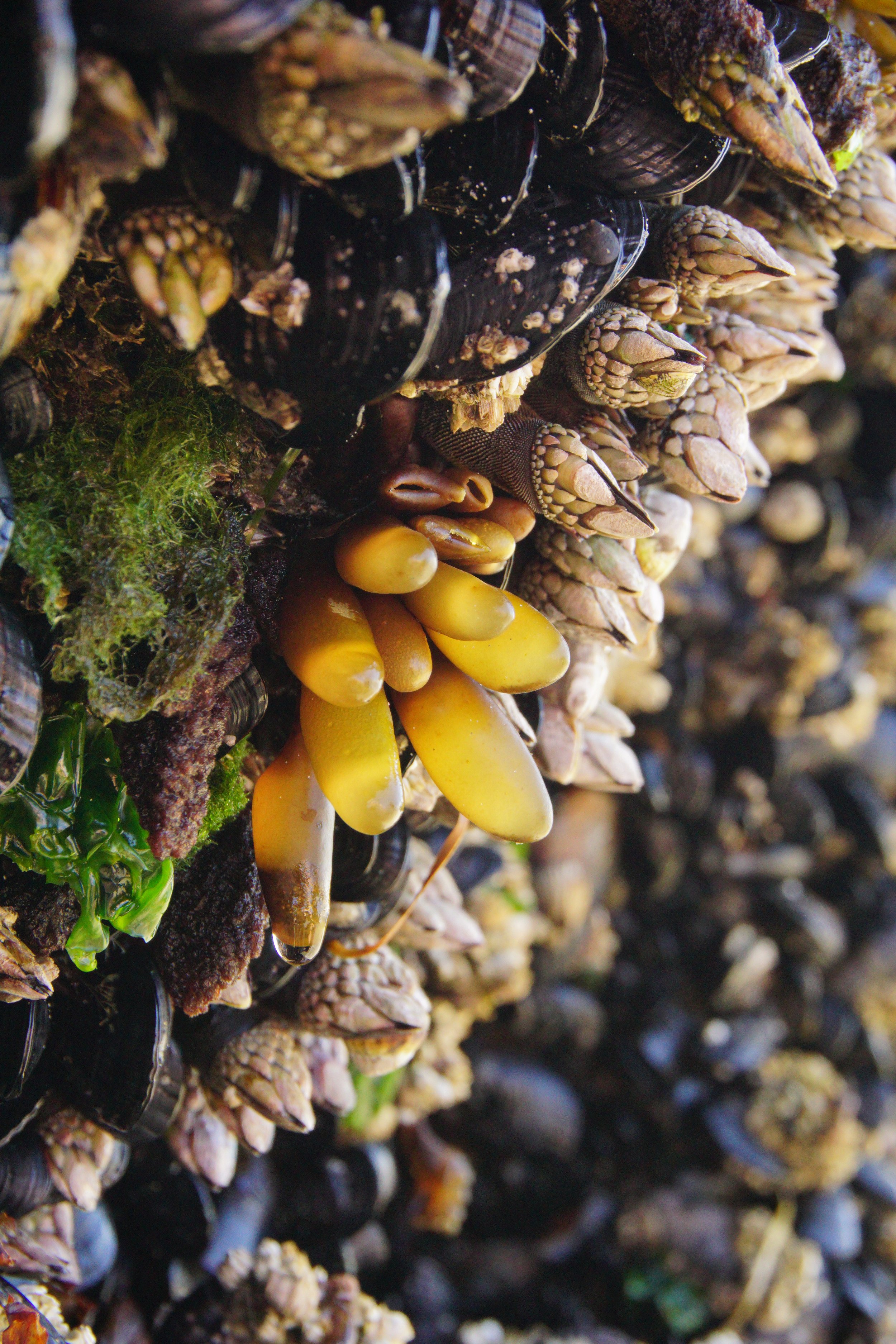Other-than-Human Relations
From a Western worldview, other-than-human beings (e.g., fish, plants, waters) are often understood as “lesser” when compared to humans (e.g., less conscious, animate, knowledgeable, rational). This, in turn, generates actions and attitudes that assume humans as central, primary actors, whilst other-than-human beings are only marginal, minor actors.
When this Western order of beings is applied to scientific research, it often limits other-than-human beings to just one role: Other-than-human beings are the ‘research subject,’ the thing to be studied. In other words, we (as human beings/researchers) act on (i.e., study) other-than-human beings, not the other way around.*
However, this idea of a (primarily) ‘one way relationship’ (i.e., humans acting on other beings) fails to align with the worldviews of many Indigenous Nations. Seen through the lens of these Indigenous worldviews, other-than-human beings are far from “marginal, minor actors” with little ability to act. Rather, they are relations that have agency (i.e., the ability to act, care, and create change), wisdom, and unique attributes that produce opportunities for collective learning and connection. All beings (whether human or not) are understood to be connected by reciprocal relationships (i.e., two/multi-way exchanges), generating actions and attitudes that acknowledge the strengths of interdependence and the realities of shared consequences.
In light of the differences between Western and Indigenous worldviews, and their divergent understandings of other-than-human beings, our team pauses to ask,
“How are other-than-human beings involved in our work?”
If our responses to this question become more expansive than “research subject,” might we go on to ask for a River’s consent? Might we consider more saliently how fish actions and choices affect fisheries? Might there be many more perspectives to consider – many more watchful eyes, witnesses, and audiences holding us accountable to good, ethical work than we currently realize? If we are committed to decolonizing how we do research (i.e., working against research practices that oppress and/or marginalize Indigenous Peoples, cultures, values, and perspectives), we need to reconsider every step of our research processes: From how and whom we seek consent from to whose participation is required to enliven our proposed stewardship plans.
We hold this space on our website to acknowledge the partner/team member-like role other-than-human beings have in the work we do, aligning ourselves with the many Indigenous worldviews that understand other-than-human beings to be brothers, sisters, ancestors, and honourable relations.
*Consider how Western research ethics, “management” strategies, and concepts of conservation might adopt this assumption.
Photo Credits & Gratitude:
We hold our hands up in thanks to Andrea Reid and Nicole Jung.







